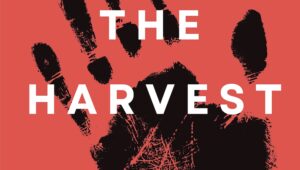
‘The Harvest:’ Book Review
Ryan Hyatt has been making a name for himself as one of the Modern Agent Provocateurs of unsettling fiction. Moving swiftly from alien invasions and

Ryan Hyatt has been making a name for himself as one of the Modern Agent Provocateurs of unsettling fiction. Moving swiftly from alien invasions and

Lyra Bien possesses no memories of her past, but she knows that she must hide her rare magical ability to avoid being taken to the

Haunted houses, urban legends, and other unsettling tales… author Brian Asman proves he can tackle a number of horror subgenres in Man, F*ck This House

In the nation of Balmoore, young women may develop a unique skill as they reach puberty, a special talent reflecting her personality and imbuing magic

I enjoyed Ms. Priest’s steampunk books, Boneshaker and The Clockwork Century series, so when I stumbled upon this novella, I thought I’d give it a

“INVASION – 2:35 P.D.T. 6.28.36 – MIND YOUR ESCAPE”Alice Walker – Bestagram (12 millions likes and counting) 27-year-old psychic Alice Walker has a lot to
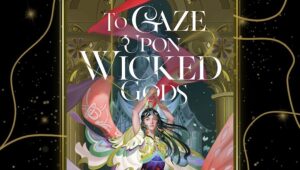
Yang Ruying resents the Roman invaders for destroying her beloved Er-Lang through opian, harsh laws, and disregard for local customs. Even though she possesses the
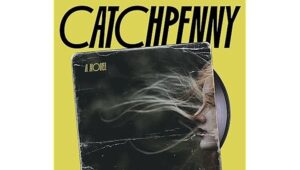
Add one aging singer turned magical thief, a missing girl, a sudden worldwide obsession with death cults, and a dash of intensely lifechanging MMORPG; shake

I remember the first time I fell in love with video game art books. It was for one of the Resident Evil games, and it
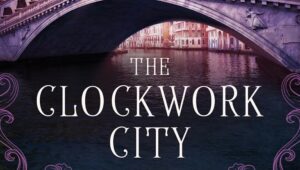
I rarely go on vacation, but when I do, I like to read lighter, yet interesting, novels. It wasn’t hard to pick one for this

I was unfamiliar with this author, but the title drew me in, and I was looking for something a little lighter to listen to. It
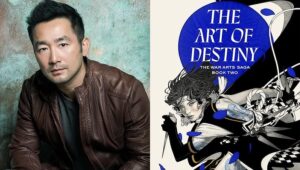
What’s a prophesied hero to do when their projected destiny stops being in fashion? Wen Jian lost his identity as the Hero of the Tiandi